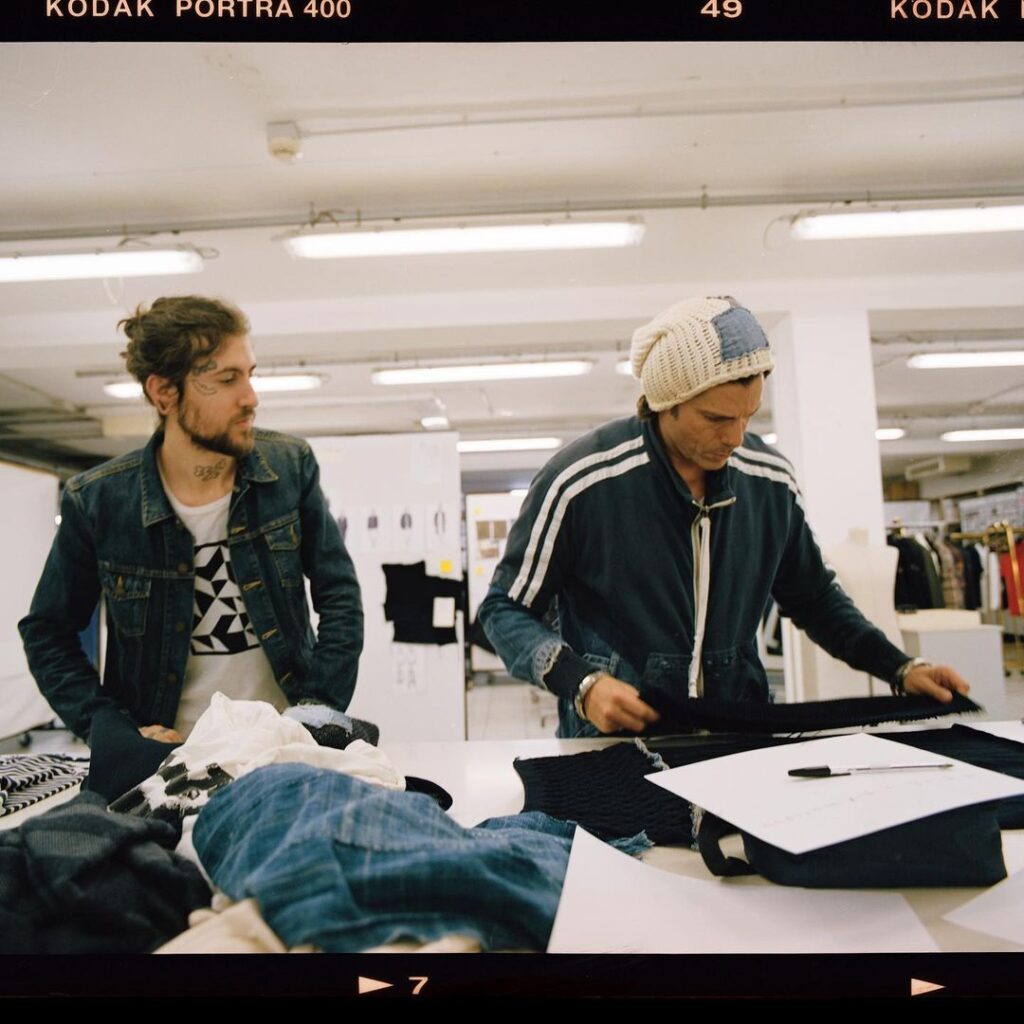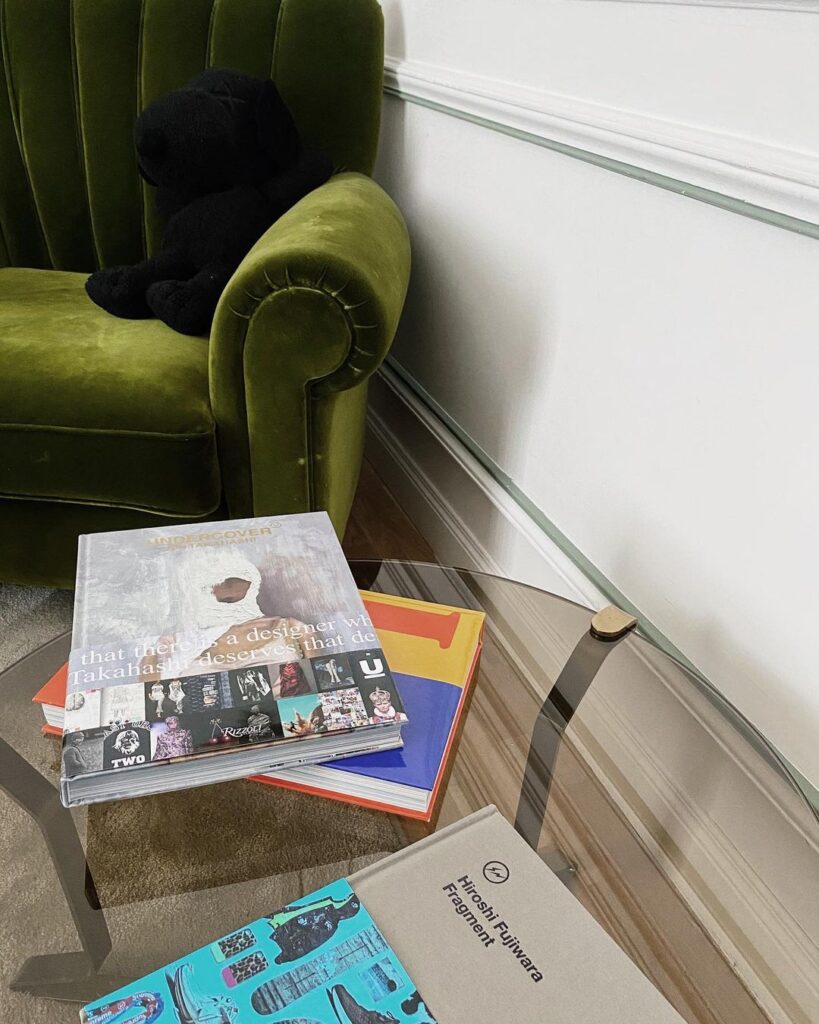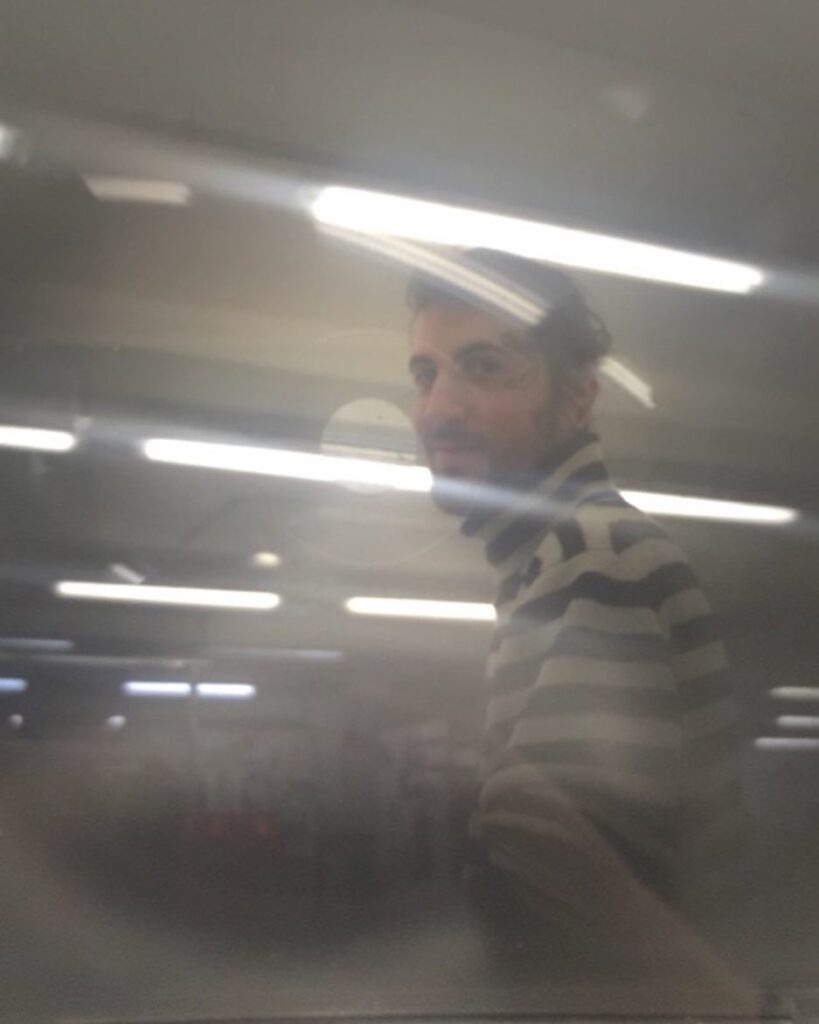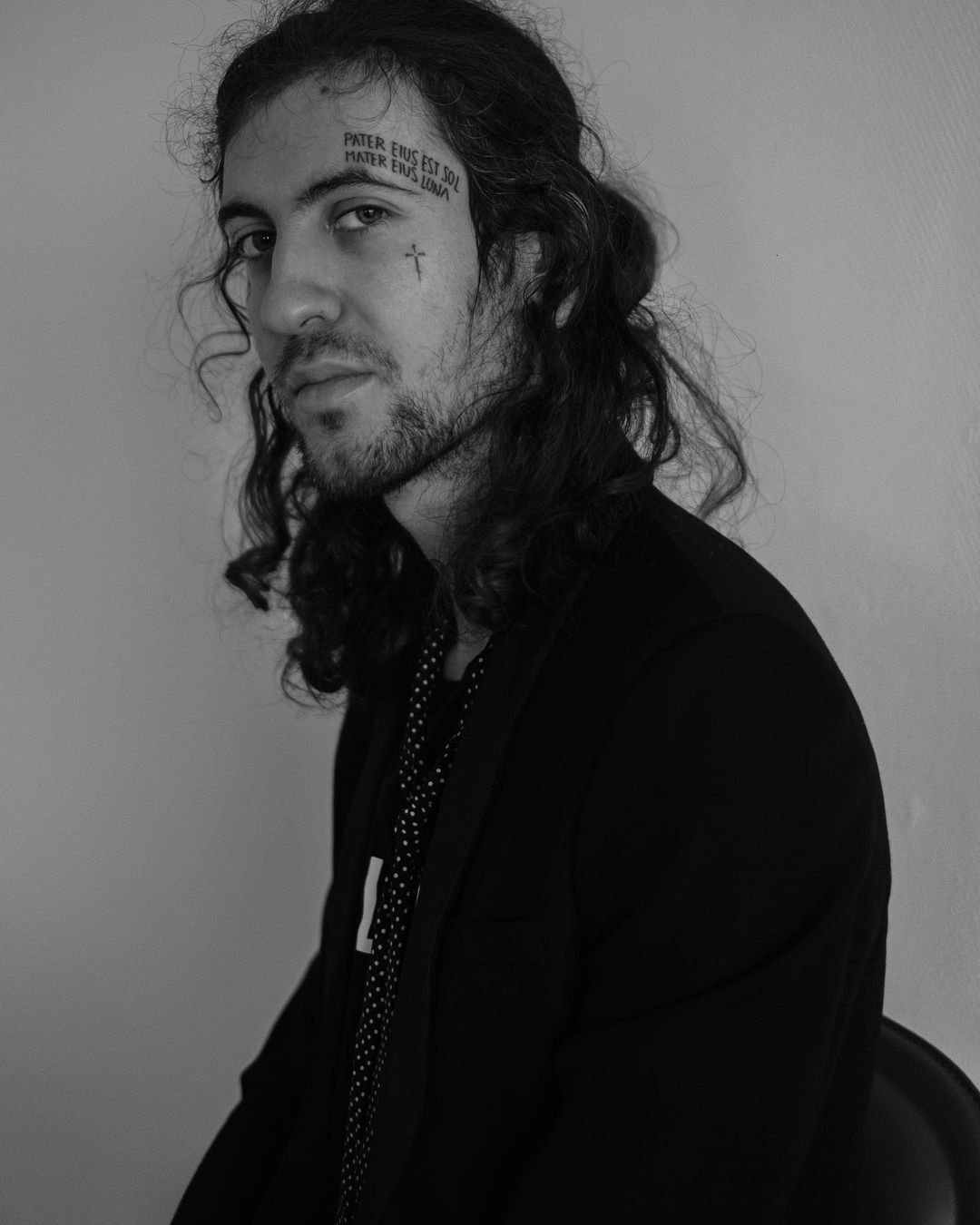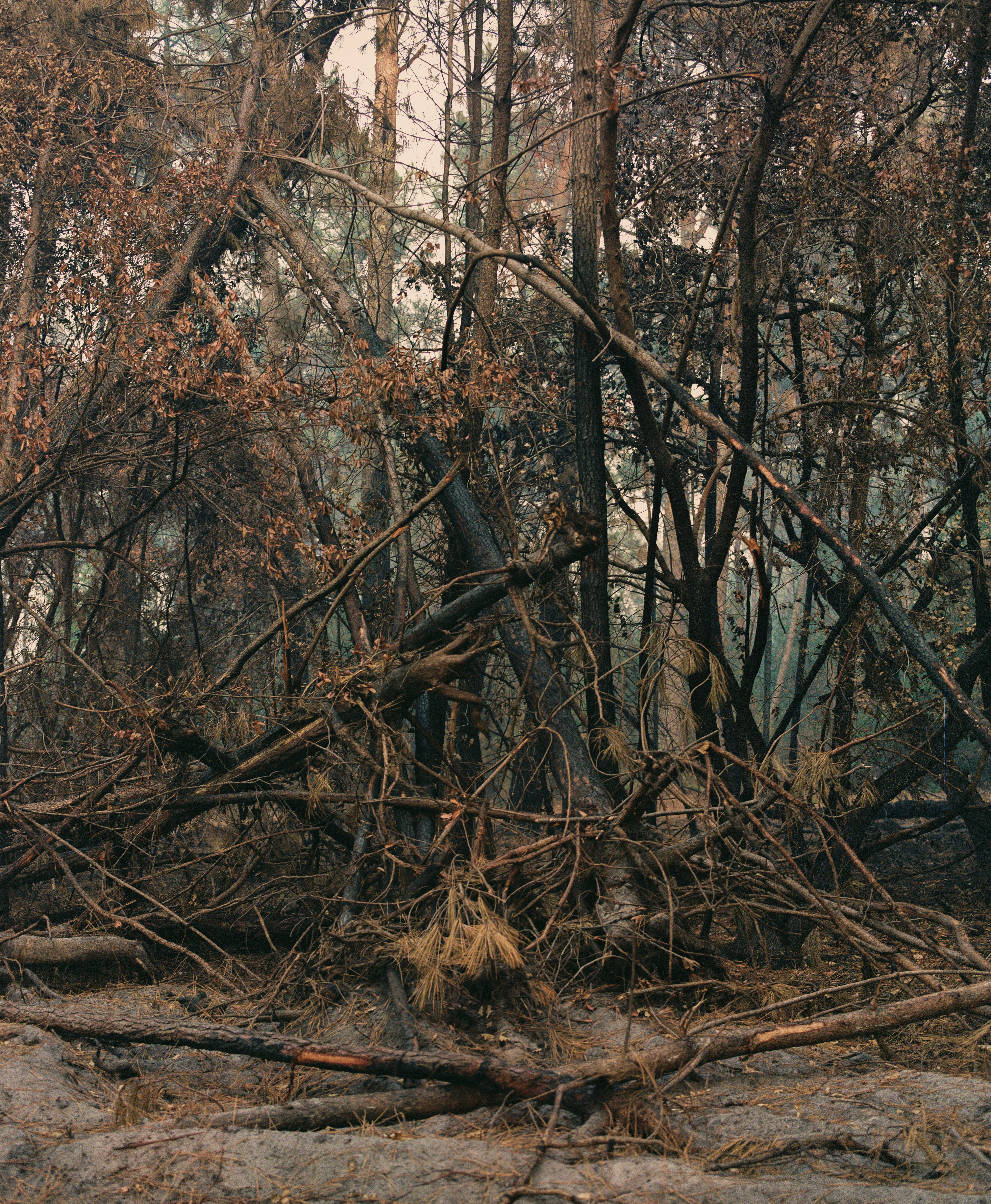Interview by Valentina Mazzotta from HW team, with Valerio Coretti
HW: What did you want to be when you grew up?
VC: I dreamed of being a drummer, inspired by artists like Dave Weckl, Jojo Mayer, Chris Coleman, or Gil Sharone, and for a while, music was actually my job; then my life took a very different turn.
HW: How would you describe your job?
VC: I simply deal with strategy and development for fashion and lifestyle brands within the consulting company, NXTGN, which I co-founded with Federico Barengo. In addition to dealing with strategy, I coordinate the internal streetcar and I personally deal with relationships with clients.
HW: NXTGN, what is it about?
VC: We like to define NXTGN as “a cultural activator for business”, first of all, because our approach is focused on the endpoint of each project, which is the final consumer, that we try to involve by creating a similar experience with its values, its cultural references, and its habits, thanks to the use of ethical data. We are in fact specialized in the creation of projects in which consistency is the key element: from the product to the TOV of the communication, up to the distribution, everything is taken care of by us. Moreover, from this year we are actively supporting emerging designers, entering into a partnership with them and acting as an incubator, offering, in addition to the strategic and operational support of the team, also our distribution network on a national and international scale, made up of trusted and experienced partners, which will allow them a concrete growth.
HW: Talk a bit about how you started…
VC: While I was still attending the IED, where I graduated as a fashion editor (even though a few years ago the educational offer related to fashion was much poorer than now), I began to save money to go to Milan and Paris during the fashion weeks, trying in every way to create a network of people already professionally established in different areas that could support me once I finished my studies. I was lucky enough and a few days before graduation I was contacted by one of the people I had met during my travels, who offered me a job as a seasonal salesman in a showroom for a brand. That was my first work experience in fashion, which I still consider fundamental. Not only because it was the first approach to a concrete aspect of fashion: sales, but also because the fact that I left for Paris 4 days after graduating in search of my first job gave me enough motivation to believe I had taken the right path, dispelling many of my doubts and insecurities.
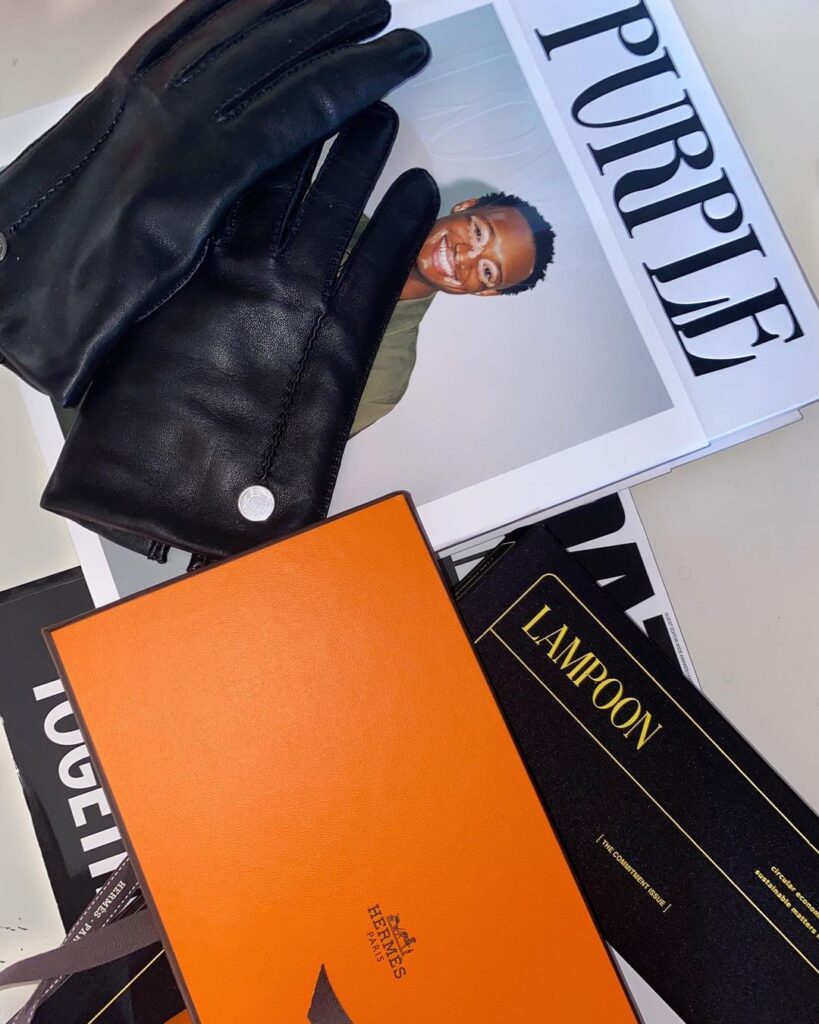
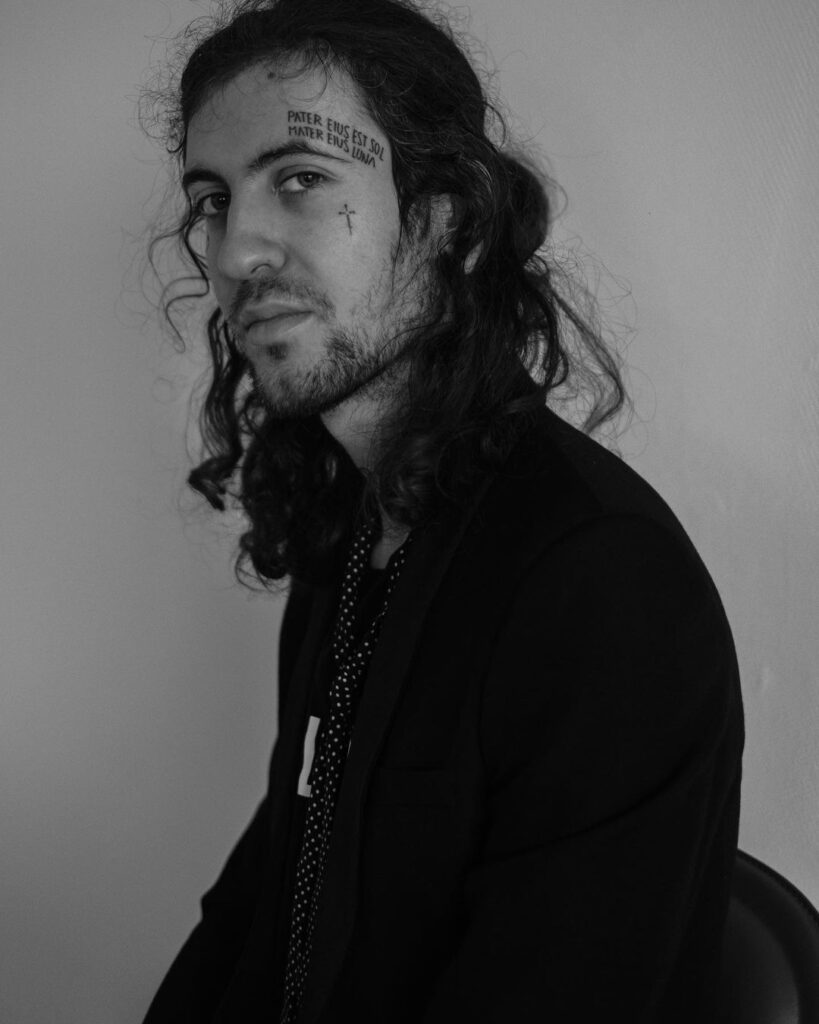
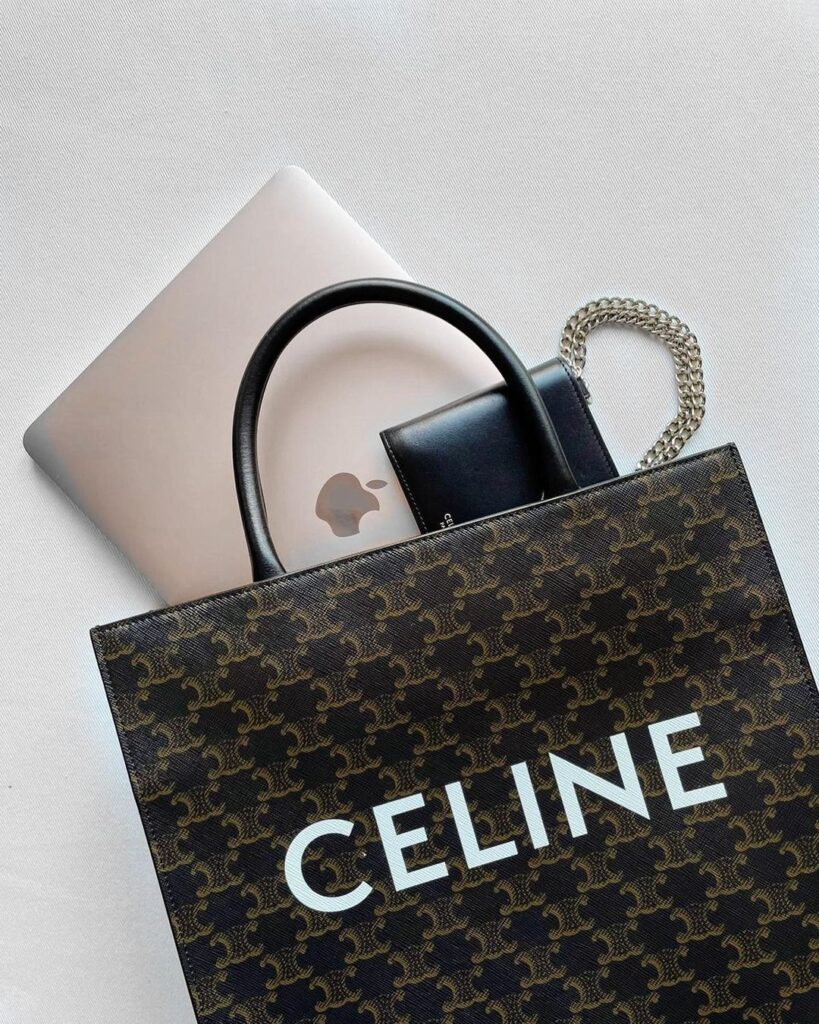
HW: Which designer do you respect?
VC: Personally, I am a big fan of Hedi Slimane, because of his unique way of using fashion as a megaphone for independent artists, creating a narrative that tells the subcultures he is fond of in an authentic dimension, keeping intact their communicative codes and intrinsic value, without giving in to the dynamics of impoverishment and sterile emulation, as we often see in fashion. Moreover, his approach to design has always been devoted to the
creation of timeless garments, not subject to the volatility of fashion. In this, he has certainly largely anticipated very current discussions, first of all, that of the extension of the life cycle of the clothing product. Just think that the Internet is dotted with communities where everyday garments from the old collections of HS, Dior Homme, Saint Laurent, or Celine are sold and purchased, while retaining their value even after years, just do a search on Grailed.com, to realize the phenomenon. Having said that, when I work, I try never to be overly influenced by my personal tastes.
HW: What are you currently obsessed with?
VC: Kaspar Hauser self titled album from 2017 and formalwear.
HW: What advice would you give to a creative who wants to do your job?
VC: I am not exactly a creative, but one piece of advice I would give to anyone who has this aspiration is to learn how to respond creatively to the concrete needs of this industry and learn how to deliver results in a cost-effective way. We are a generation of professionals, children of the crisis and we need to know the rules of the game, well before we start playing.
HW: What should a young professional do to get noticed?
VC: Insert themselves intelligently in the current context and touch on the hot topics of the industry at the moment. To give a concrete example, a young designer who has to present his debut collection could take advantage of the huge amount of unsold stock sitting in stores, buy it for an infinitesimal fraction of the value and rework it, according to his creativity. In this way, with a reduced budget compared to the creation of a sample set, he would have a product that makes people talk and touches all the hot topics at the moment: environmental sustainability, limiting the introduction of new products on the market, and discouraging consumerism, lengthening the product life cycle, global retail crisis. What magazine could refuse to talk about such a collection?
HW: Where do you get your inspiration from?
VC: Mainly from social media and internet communities, yet I buy a lot of paper magazines. Unfortunately as now I have to keep up with my business and economics readings, so I spend less time doing inspo research.
HW: How do you see the future of luxury?
VC: I think the future of luxury lies in rediscovering the sense of value as distinct from price. Regaining possession of craftsmanship and exclusivity that is not the result of artificial scarcity strategies, but depends on a limited production capacity dictated by a claim to excellence.
